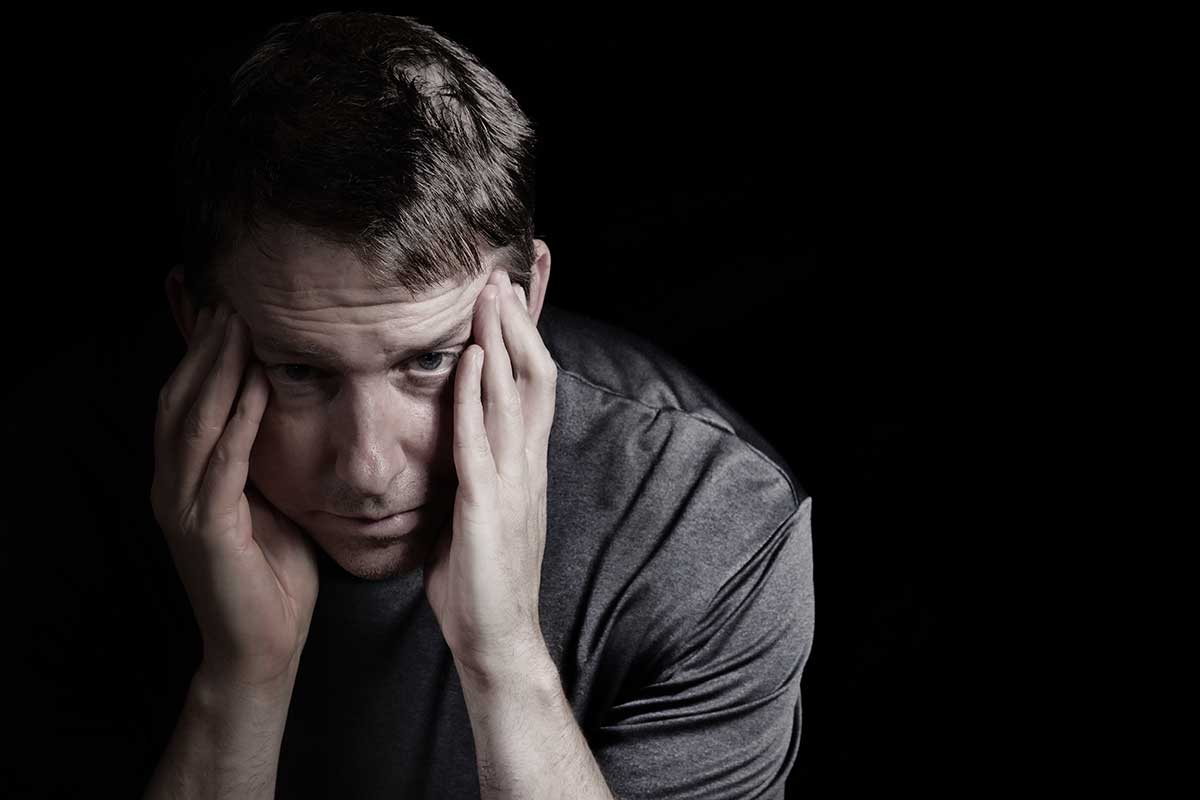
Cocaine is often dismissed as a harmless party drug, or that might be how it seems to many people who use cocaine. Although cocaine is an illegal class A drug and possession is likely to result in prosecution, it is still relatively easy to find cocaine for sale. The real problem is so many people think they will not succumb to addiction and can use cocaine occasionally without any problems.
Signs of Cocaine Use and Withdrawal Symptoms
Whether you use cocaine or are concerned about someone you know, here are some of the common signs of effects of cocaine use and addiction:
Mood
- Energetic
- Increased confidence
- Euphoric
- Chatty
- Irritable
- Anxious
- Paranoid
- Depressed (after using).
Physical
- Accelerated heart rate
- High body temperature
- Dilated pupils
- Runny nose
- Nose bleeds
- Tremors and muscle twitches
- Seizures.
Unlike many other class-A drugs, such as heroin and crystal meth, cocaine withdrawal symptoms can be mild, giving the false illusion that you are not addicted. It is important to understand that cocaine addiction is not always indicated by physical withdrawal symptoms. Cocaine addiction also does not mean you need to take it every day. The main sign is you cannot stop using the substance, even when it is having serious negative effects. Often, addiction presents itself by causing neglect of responsibilities, such as work, family and personal relationships.
Short-Term Effects of Cocaine
The effects of cocaine will vary depending on the quantity and purity of the cocaine taken. Cocaine is always cut with other substances, which reduces the potency. The purer the cocaine, the higher the likelihood it will cause extreme symptoms, including overdose and death.
Cocaine is also often cut with other drugs such as MDMA and crystal meth, altering the potency, effects and how long they last. Street cocaine may also be cut with baking soda, laundry detergent and anaesthetics such as lidocaine and procaine.
On average, when cocaine is snorted in powder form, it takes between five to thirty minutes for the user to feel the effects. The high, during which users feel the “positive” effects, such as increased energy and confidence, lasts around 20 to 40 minutes. Once the high wears off, users may still have an elevated heart rate and other physical symptoms.
Long-Term Effects of Cocaine
Long-term use of cocaine alters brain chemistry. This means the brain no longer produces the same levels of dopamine from natural events that make you feel happy. The brain pathways that react to stress become more sensitive, elevating stress hormones.
These changes can be seen on MRI scans, showing reduced activity in the orbitofrontal cortex (OFC), which is vital for decision making, in people with cocaine addiction. Other neurological effects include full-blown psychosis with auditory hallucinations.
Tolerance also increases with repeated use over long periods. Another issue is that sensitisation to cocaine can occur, meaning the negative effects, such as convulsions, seizures and strokes, become more likely with lower quantities of cocaine use. Typically, long-term cocaine use will also cause accumulated damage to various cognitive functions, affecting memory, coordination and concentration.
Additional physical damage from chronic cocaine use includes:
- Kidney and liver damage
- Cardiovascular (heart) disease
- Deterioration of cartilage and soft tissue in the nose and mouth
- Respiratory problems
- Damage to the digestive system
- Rhabdomyolysis (muscle damage) which can be fatal or cause permanent decreased physical functionality.
Treatment for Cocaine Addiction
The most effective treatment for cocaine addiction involves a combination of approaches, starting with a medical detox. Trying to give up cocaine, often referred to as going “cold turkey”, on your own is dangerous and can be fatal. You can seek help from the NHS for access to a medical detox programme and additional psychological therapy.
Residential treatment has the lowest level of relapse and is considered the best way to treat cocaine addiction. This can be arranged by the NHS or through private cocaine residential rehab centres in the UK. If you decide to go to a private rehab centre, it is essential to check if the centre is registered with the Care Quality Commission (CQC).
Cocaine addiction is a medical disease, and treatment will give you the highest possible chance of giving up and not relapsing. Regardless of whether you get help from the NHS or choose to find a private rehab centre, you should not feel ashamed to seek treatment. With appropriate treatment, cocaine addiction can be beaten, and the longer you use cocaine, the higher the chance of long-term irreversible, physical and psychological damage.